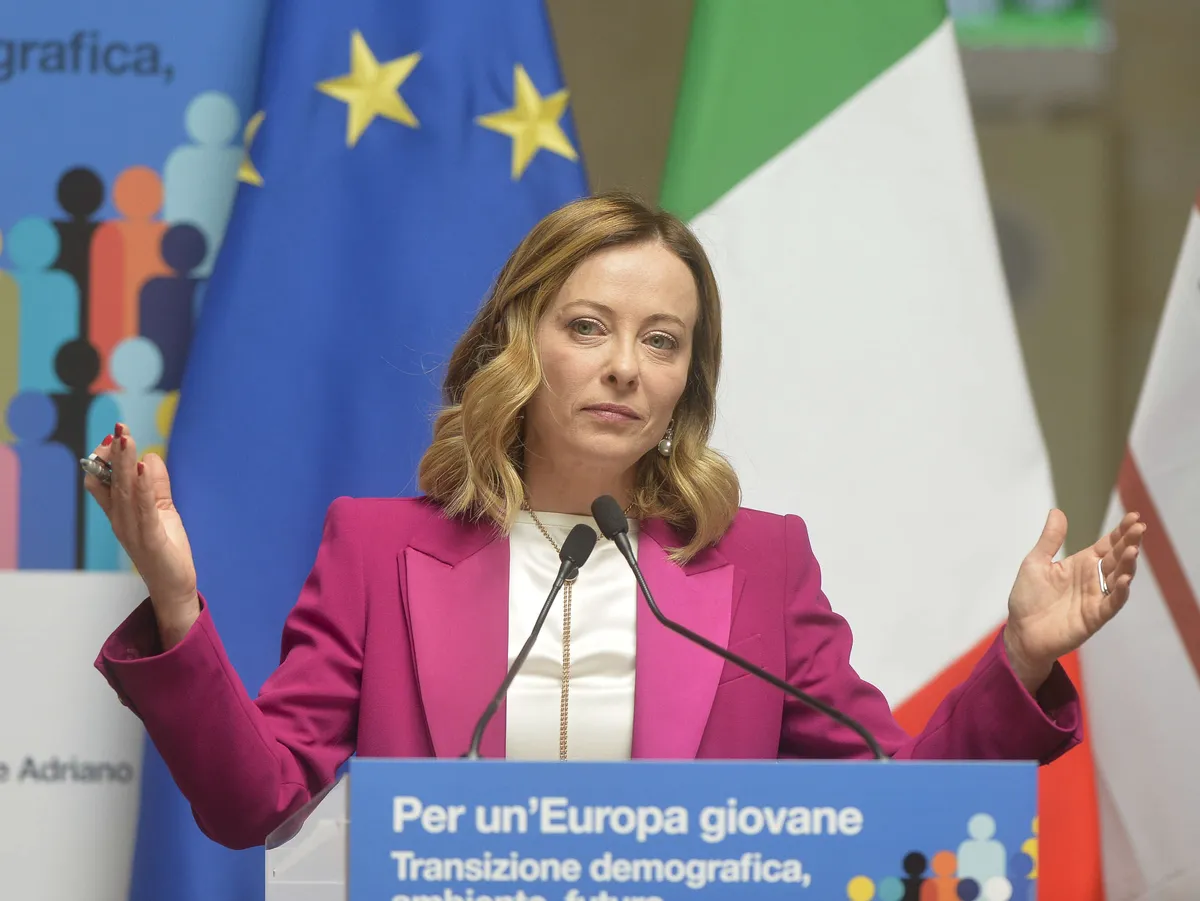Recently, the Financial Times (FT) published an article comparing the three leading European far-right parties: Germany’s AfD, France’s National Coalition, and Italy’s Fratelli d’Italia. These groups share similar characteristics such as strong nationalism, hostility towards immigrants and Islam, and authoritarianism.
One of the unique aspects of these parties is that they are led by women or have female dominant figures. Alice Weidel leads the AfD, Marine Le Pen heads the National Alliance in France, and Giorgia Meloni is both the Italian prime minister and leader of Fratelli d’Italia. In contrast to other European countries, where men predominantly lead these types of parties, these women hold significant influence.
Despite their shared beliefs in nationalism, opposition to minorities, and adherence to traditional values concerning gender roles and family dynamics, these parties differ from those in other European countries. The Far Right party in Finland, the Basic Finns, was not included in FT’s comparison. Additionally, Fratelli d’Italia stands out as it is led by the Italian prime minister himself. France’s National Coalition has distinct differences with Germany’s AfD when it comes to their stances towards Russia.
The article delves into how each leader has distanced themselves from pro-Russia sentiments in different ways. For instance, Meloni has advocated for supporting Ukraine in EU contexts while Le Pen has changed her views after facing criticism for her pro-Russia stance previously. The AfD in Germany faced a scandal over alleged financial ties to Russia and China that created a rift within the party itself.
When it comes to their positions on the European Union (EU), Weidel hinted at Germany potentially leaving both the euro and the EU itself; however, Meloni and Le Pen softened their criticism of the EU compared to other far-right leaders across Europe. It is worth noting that Meloni has been vocal in criticizing monetary policies implemented by the European Central Bank (ECB).
As Europe approaches its upcoming elections later this year
